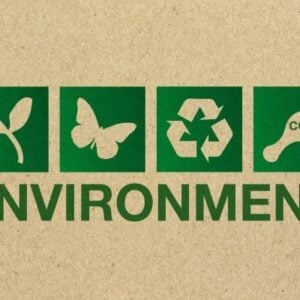The European Union is weighing a proposal to create a “reparation loan” for Ukraine, secured by frozen Russian assets, in an effort to bolster Kyiv’s wartime finances while sidestepping Hungary’s repeated vetoes. Hungary, which maintains close ties with Moscow, has consistently opposed sanctions on Russia and blocked Ukraine’s EU accession talks, testing the bloc’s unity despite appeals from US President Donald Trump. In August, Budapest even filed a lawsuit against the EU over aid to Ukraine drawn from frozen Russian assets through the European Peace Facility.
Under the proposed loan arrangement, Ukraine would only be required to repay the funds once it receives reparations from Russia for war damages. The idea, reportedly advanced by European Commission President Ursula von der Leyen, is viewed as a way to compensate for waning US support for Ukraine. According to von der Leyen, the loan could be supported by cash balances from frozen Russian central bank assets in Western jurisdictions without directly seizing them—an approach meant to avoid conflict with certain EU member states.
To counter Hungary’s opposition, EU officials are discussing mechanisms that would allow a coalition of willing states to move forward without requiring unanimous consent from all 27 members. Early discussions suggest the EU could replace frozen Russian assets with zero-coupon bonds issued by the European Commission, backed by guarantees from either all member states or only those willing to participate. Although politically sensitive, officials argue the risk of guarantees being called upon is low, since the frozen assets are expected to remain inaccessible as long as sanctions against Russia stay in place.
Another option under review involves transferring the frozen assets into a special purpose vehicle, either jointly owned by all EU states or by a smaller group of participating countries, once they are replaced with EU-backed bonds. Officials have emphasized that if Hungary opts out of such guarantees, the broader impact on other members would be minimal. To reduce the chance of political blackmail through vetoes, some senior EU figures favor an intergovernmental agreement among the willing as the most viable path forward.
Meanwhile, divisions within the bloc over Russian energy imports persist. Both Hungary and Slovakia have resisted calls from Trump and NATO allies to cut oil and gas imports from Moscow, citing the lack of immediate alternatives. Slovak Economy Minister Denisa Sakova stressed that without proper safeguards, such a move could seriously damage national industry and the wider economy. Trump, for his part, has signaled readiness to impose tougher sanctions on Russian oil but conditioned this step on greater European pressure against Moscow.







